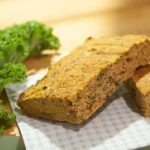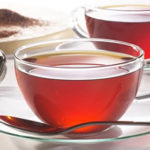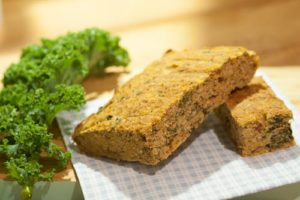Finally, your bundle of joy has arrived, and you have so quickly forgotten your many pangs during pregnancy. You, a nature-certified and functioning milk-churning machine, are having a meal among your many new-found marvels and ponderings!
You pause, and then ask, “Is this meal healthy, for me and my baby?” Before you can consult Google, Alexa and the likes, your bundle of joy commands your attention. Soothing your child…you are thinking… Breastfeeding diets…’
Trust me, you need not worry about your diet now. As long as your meals are nutritionally balanced with the adequate amounts of carbohydrates, proteins, fats, vitamins and minerals, you are thriving in the healthy-eating department.
FOODS GOOD FOR YOU
For carbohydrates or starchy foods [an important energy source], couscous, pasta, potato, and rice are adequate supplies. However, do note that whole grains (wholegrain, wholemeal, wholewheat) are always a healthier option in comparison to refined grains (white rice) because in addition to being great sources of carbohydrates, they are also contained in nutrients and fibre.
Necessary for the body’s many buildings and repairs, are proteins. These can be found in Chickens, Lentils, Fish, and Beef...

Fats are energy providers, cell-growth assistants, organ protectors, body warmers, and hormone producers. Some great sources for these are Oils (Olive, Rapeseed), Nuts, Seeds, Oily Fish (Mackerel) and Avocados.
Ordinarily, a diet rich in fruits and vegetables, makes anyone less prone to cancer, diabetes, heart disease and stroke. Fruit and vegetables are rich in vitamins, minerals, plant chemicals and fibre. They are low in calories too. It is advised that one should have 5 portions of varied fruits and vegetables daily.
Vitamins, especially Vitamin D, are important for healthy bones! Vitamin D is gotten directly from the sun. Sometimes while lactating, your body might be unable to produce enough vitamin D. While good supplements are readily available and recommended by some governing bodies, be sure to consult your health professional, for the best recommendation(s) for you.
You also need dairy (milk, butter, cheese) or non-dairy sources or supplements (seeds, sardines, almonds) for calcium.
Water
Do not forget water! Dehydration will impede your milk-churning abilities. Endeavour to be well hydrated always.
SOME THINGS TO AVOID!
Fish should not be taken in excess (once a week is fine). This is because they could contain pollutants that could cause harm in the body when found in large quantities.
Caffeine is a stimulant which could deprive the little one of sleep. It is contained in various natural foods and drinks too. One should be very mindful of their overall caffeine intake while breastfeeding.
Alcohol should be avoided at least for the first three months of breastfeeding, after which it should be taken in moderation.
Medications – Always consult a health professional before you consume any kind of medication.
FINALLY
Always remember that your little one is a distinct individual and might possibly respond to things differently compared to other babies. Therefore, be sure to observe them and their responses always. Also do note that the more variety that you introduce to your meals while breastfeeding, potentially affects your baby’s acceptance of various meals.
Happy breastfeeding!











More Stories
Drinking Red Tea Helps Your Weight Loss
Cool Sculpt To Get Back Into Shape
Nutrition Tips When You Are Busy